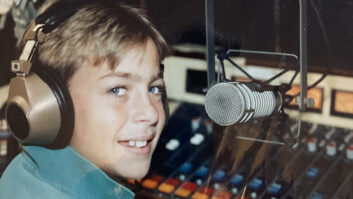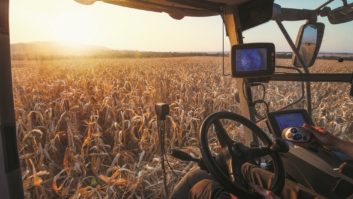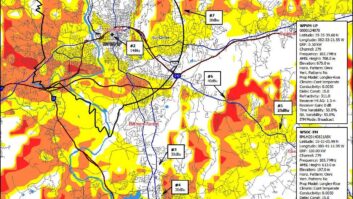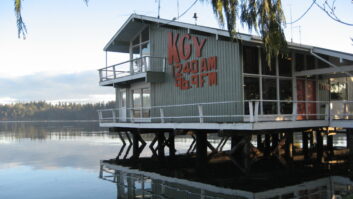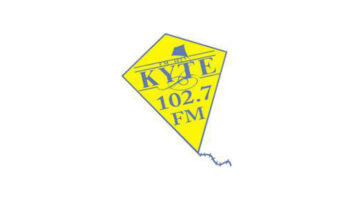Public media giant WGBH recently settled a lawsuit with a former program host. While the terms have not been disclosed, the issues at hand have long been debated by community radio stations. Namely, the issue of ownership of a name and/or a concept of a program.
In 2017, the station opted not to renew the contract of a host, Thomas MacDonald. From 2010 through 2016, MacDonald hosted a woodworking program aired on WGBH and broadcast to other stations nationally. Following the separation, the station launched a new program with a nearly identical name and a fresh lead. “New host, same great show” read the station announcement.
[Read: Community Broadcaster: Of Service]
MacDonald sued, alleging WGBH was infringing on his trademark and profiting from his image. In his court papers, MacDonald argued he had a common-law trademark. He sought action from a judge in damages and revocation of a registered trademark by WGBH.
The station filed a countersuit against MacDonald. It claimed it held rights on the program name, but not MacDonald’s nickname, which had been affixed to the title and then replaced when a new host came on board. WGBH’s legal counsel accused MacDonald of trying to interfere in the station’s rights to the name.
The case was sent by a judge to alternative resolution, where the sides came to undisclosed terms. Both will handle their own legal fees, however. MacDonald is off on a new endeavor, while WGBH can presumably continue on with the aforementioned show.
The primary issue at hand — ownership — remains one of the more interesting, if not perplexing, ones in noncommercial media, especially community radio. Who’s show is it once it is aired? For community radio, where money is generally not involved, the situation prompts plenty of discussion.
From the outside looking in, the answer might seem obvious. If one is a volunteer at the local nonprofit, or are even an employee at that nonprofit, proving in court that the volunteer owns the rights and can then profit off of the volunteer or paid work one did as part of an assignment is going to be a steep hill to climb. There simply is not an extensive list of case law that awards volunteers or staffers intellectual property rights to work they did as part of an organization. On the other hand, there is plenty of precedent for organizations to receive awards for damages when someone working under their auspices bolts and seeks to take work product with them.
While I have heard many a volunteer radio host suggest legal loopholes that mean they are entitled to make money off of program names and concepts, none have tested these notions in legal documents or court. This is telling.
In a larger sense, this whole matter may feel pointless because it misses the issue of values.
In community radio, especially in smaller towns, financial margins are slim. Whether Yet Another Local Show belongs to a community or an individual seems purely symbolic. Add to this matter that intellectual property rules suggest, if it did not exist before broadcast, ownership claims could be a chicken-and-egg scenario. That does not even speak to the fact that most organizations and people just aren’t going to pull out a few hundred dollars or more to hire a lawyer and hash this out.
The unspoken part of this issue, unfortunately, is that some of these disputes may mask other dissatisfaction between parties. As with any relationship, when communications break down into who owns what, you can bet there’s a subtext. Volunteer unhappiness, a belief that a station should prioritize one thing or another, or simply a disintegration in trust have, in my experience, been at root when a fight over ownership ensues. Clearing the air when it gets this far gone is not easy for anyone.
Community radio is a place for education and unique voices. Rare is the soul who gets into it thinking about spinning off a business; the vast majority want to offer something to others in the community. Before a community radio volunteer and station get into a row over a program, taking a step back and remembering what they both love — their communities and service — may bring everyone together.







